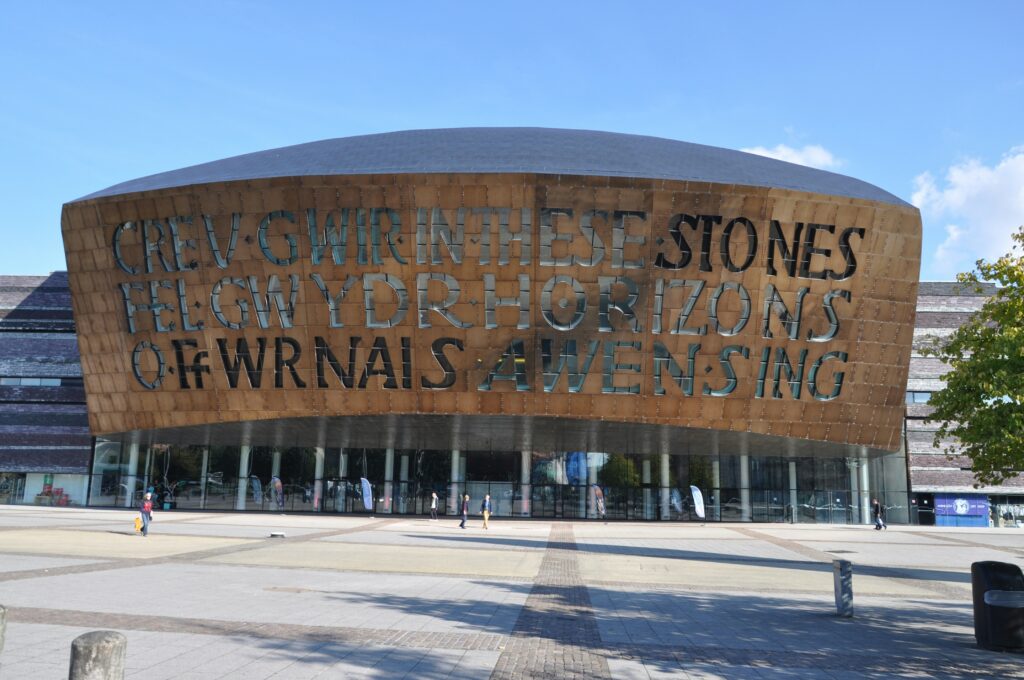Glyndwr Cennydd Jones puts forward a blueprint to reform UK institutions and address the asymmetry of the union.
Devolution acknowledges that today’s UK is a construct of formerly discrete entities whose diverse histories and identities are enduringly recognised at an institutional level.
Decentralisation within England, by contrast, involves the reorganisation of power within one territory of significant population size (c. 56 million) in order to better align the decision-making process with local democratic demands and priorities.
Our approach to constitutional reform should take account of these different characteristics of governance, distinguishing between reinforced arrangements for national self-government in Scotland, Wales and Northern Ireland on the one hand, and the need for increased devolution within England on the other.
Through both, the deeply asymmetric nature of the UK can therefore be addressed.
Accepting that the UK is truly a multinational state in origin, we should work to renew the structural relationship between the devolved governments in Edinburgh, Cardiff and Belfast, and the government in London in its dual capacity as legislating for both the UK as a whole, and for England.
Of course, were widespread devolution to become a reality across England, much of the work of the English government would sit under local or regional direction, leaving the parliament in Westminster to focus on its strategic isles-wide functions.
As recommended by Gordon Brown’s Commission on the UK’s Future, the House of Lords should move forward with purpose to represent the various regions within all four UK territories in its composition.
At the same time, and so as not to confuse the concerns of regional devolution in England with those of its relationship with Scotland, Wales and Northern Ireland, it would be important for the existing Joint Ministerial Committee for intergovernmental relations to continue in its current form, as a forum of nations.
Looking further, greater separation of the UK Parliament’s dual role—a model for which is explored in my booklet A League-Union of the Isles—would seem desirable. The proposition describes a confederation of England, Scotland, Wales and Northern Ireland with aspects of federal-type control built into key policy portfolios to reflect the principles of equality and solidarity among territories.
Innovative. Informed. Independent.
Your support can help us make Wales better.
As an overview, a Council of the Isles, whose representatives are elected from the nations’ regions for a typical 5-year period, would be responsible for enacting power on aspects involving defence, diplomacy, internal trade, currency, and macro-economics, with a Committee of Member Nations, convening regularly to discuss other issues which may demand a degree of cooperation and harmonisation of laws. The National Parliament of each member nation would sit as the legislative and representative body of its people, having every power and right not delegated to joint institutions.
The scheme affords the opportunity to introduce devolved assemblies across the English regions, if desired, in tandem with new parliamentary arrangements for England. As highlighted by John Denham in his article ‘English Democracy and the Future of the UK’: ‘The machinery of government for England must be delineated from that of the union, with a Cabinet Committee and civil service structure focused solely on England… also, a coherent system of national government for England must facilitate radical devolution within England itself.’
If we acknowledge that the UK is a genuine union of four nations, each of which has the potential of sovereignty, is there a way of charting a smooth transition from the status quo towards that proposed above?
For example, we may wish to transform:
- A future elected House of Lords, comprising representatives from the nations’ regions, into the Council of the Isles with its associated structures, or to use a different term, a Senate
- The House of Commons at Westminster into the National Parliament of England once enhanced parliamentary arrangements are in place for Scotland, Wales and Northern Ireland
- The Joint Ministerial Committee for intergovernmental relations into the Committee of Member Nations
- The Supreme Court into a similarly titled isles-wide body for matters regarding laws and rights assigned to the centre (N.B. member nations operate distinct legal jurisdictions)
- The British monarch’s role as head of state into head of the confederation.
The changes could be initiated in an evolutionary way, balancing change with continuity, and promoting diversity and unity simultaneously. This should be achieved by assigning sovereignty to the nations who, in turn, delegate some sovereign authority to central bodies in areas of common interest. Even whilst national and regional leaderships may champion different decisions and innovations, we would still elevate isles-wide solidarity and equality through central strategies.
To quote from Professor Jim Gallagher’s paper Could there be a Confederal UK? (University of St. Andrews 2020): ‘From the perspective of nations like Scotland and Wales, with divided views on the question of separation or union, the idea of confederalism, like devolution, might be described a strategic compromise between independence and incorporation: it is a mixture of self-rule and shared rule. Rather than one section of the population securing everything they want, each compromises to some degree.’
These matters are now pressing, despite resistance from Whitehall to change. The instinct to defer, delay or discard UK-wide constitutional development is deep. However, there are more risks presented by not addressing the underlying challenges than looking to the possibility of creating the conditions in which a new, stable isles-wide partnership of modern states could become a reality.
It is time that we took responsibility for the need to reform and renew the union so that it can be reenergised and made fit for purpose for the 21st century.
All articles published on the welsh agenda are subject to IWA’s disclaimer. If you want to support our work tackling Wales’ key challenges, consider becoming a member.





